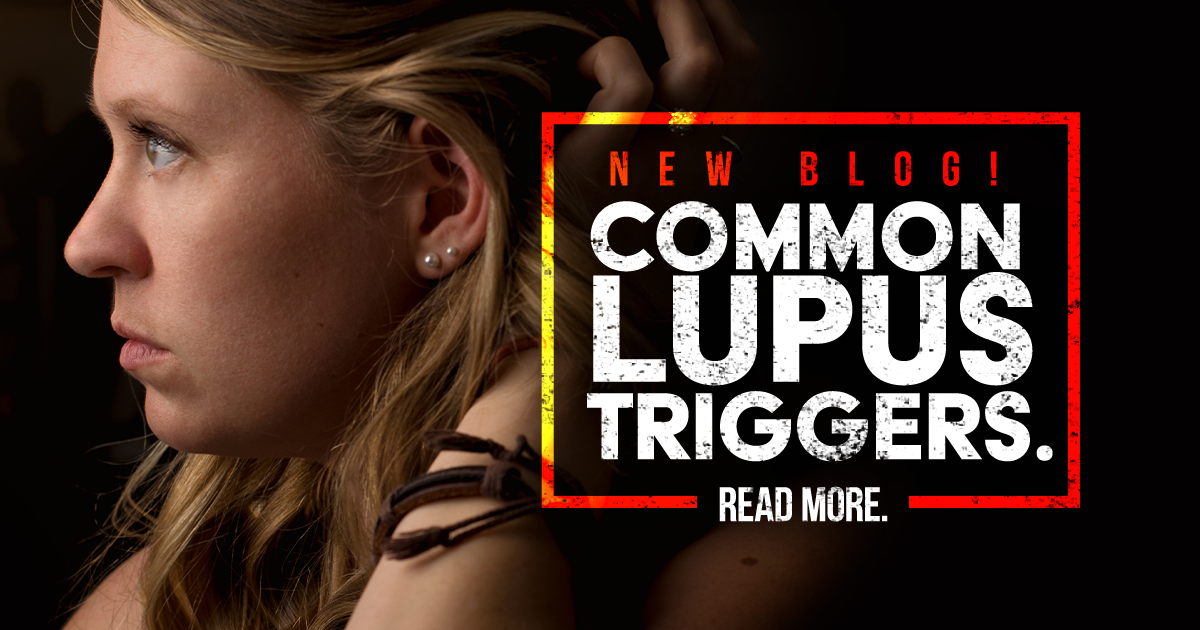Lupus Triggers
If you have been diagnosed with Lupus, you understand that even the diagnosis process of this disease is complicated. Lupus is a chronic autoimmune disease that can damage any part of your body such as your skin, joints, and organs. Lupus is more difficult to diagnose due to the symptoms mimicking so many other diseases.
Symptoms range from extreme fatigue, hair loss, joint pain, light sensitivity, and more. So, keeping your symptoms in check will be a vital part of managing this disease, and reducing lupus flare ups.
Common Triggers
Let’s look at some of the most common triggers of lupus. Remember, that lupus is different for everyone. So, it is essential that you work with your doctor as some of the triggers can also be symptoms of lupus, and treatments for each will differ.
- Lights- Florescent light and sunlight can cause a rash and other symptom flare ups. Stay out of the sun when it is strongest (10am-4pm). Wear protective clothing and hats when in the sun. Choose a light with the lowest UV intensity for your home, as well as bulb filters or shields.
- Medications- Certain medications can make you more sensitive to sunlight and cause a flare up, or even drug induced lupus. These medications are:
- Sulfa drugs (Bactrim, Septra,(trimethoprim-sulfamethoxazole); sulfisoxazole (Gantrisin); tolbutamide (Orinase); sulfasalazine (Azulfidine)
- Diuretics
- Tetracyclines-Minocycline
- Antibiotics- Penicillin, amoxicillin, ampicillin, and cloxacillin.
- Infections- Infections trigger an immune response. With lupus being an auto-immune disease, the lupus response has trouble turning off, which can make you really sick. Fever is also a Lupus symptom, so work with your doctor to figure out if it is the lupus, or an infection.
- Stress- Clinical studies show that up to 80% of patients with lupus were at a point of “uncommon emotional stress” before the onset of the disease. We have heard of stress impacting so many parts of our bodies, so this is really no surprise. The overall message is that we need to get better at managing the stress, because stress is an everyday part of life. Here is a great article with some stress relieving tips.
- Exhaustion- Exhaustion is a symptom of lupus, but can trigger secondary flares, so it is essential to get enough sleep every night.
If you are a part of estimated 1.5 million diagnosed with lupus, you are not alone. New England Research Associates is working on new treatment options in managing this disease. If you or a loved one has been diagnosed with lupus, clinical studies may be able to help. Qualified candidates may receive study-related care and medication at no cost, as well as receive compensation for time and travel. To learn more, click HERE to browse our lupus studies, and others.
References:
https://www.lupus.org/resources/common-symptoms-of-lupus

